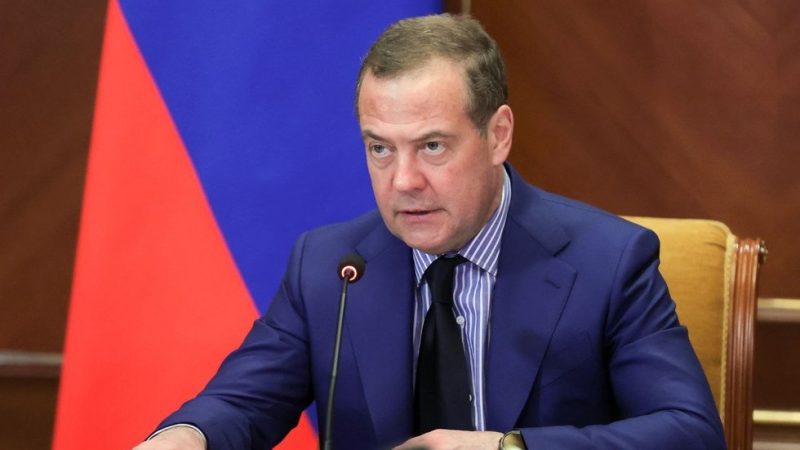
The old adage, ‘what’s good for the goose is good for the gander,’ or in Latin, ‘Quod licet Iovi, non licet bovi,’ rings particularly hollow when considering the International Criminal Court (ICC). The principle of equal justice under the law, a cornerstone of any credible judicial system, seems increasingly distant from the reality of the ICC’s operations. The world has changed, and sadly, not always for the better. We’ve witnessed a steady erosion of the Court’s authority and a growing perception that it operates with a double standard, targeting some while leaving others untouched.
This isn’t a simple matter of incompetence. The ICC’s failures are multifaceted, stemming from a complex interplay of political pressures, resource limitations, and a perceived lack of impartiality. Powerful nations, often those with the greatest capacity to commit atrocities, seem largely immune to its jurisdiction. This discrepancy fuels cynicism and undermines the very purpose of the Court: to hold the powerful accountable and provide justice for victims of international crimes.
One of the most glaring criticisms leveled against the ICC is its selective prosecution. While it has successfully pursued cases in some regions, others, seemingly with equally egregious human rights violations, remain untouched. This uneven application of justice not only casts doubt on the Court’s integrity but also fuels resentment and mistrust among those who believe it to be a tool of political maneuvering rather than a genuine pursuit of justice. The perception of bias, whether real or perceived, is equally damaging.
Furthermore, the ICC’s operational challenges cannot be ignored. Funding limitations and bureaucratic hurdles often hinder its ability to effectively investigate and prosecute cases. The lengthy and complex legal processes can lead to delays that frustrate victims and allow perpetrators to evade justice. These logistical difficulties further undermine the Court’s credibility and hinder its capacity to serve its intended purpose.
The question remains: can the ICC regain its lost credibility? A fundamental shift in approach is needed. This requires not only addressing its operational challenges but also actively confronting the perception of bias and double standards. Strengthening its independence and ensuring a truly equitable application of justice are crucial steps towards restoring faith in the institution. Without these fundamental changes, the ICC risks becoming a mere shadow of its intended role, a legal entity stripped of its moral authority and practical effectiveness.










